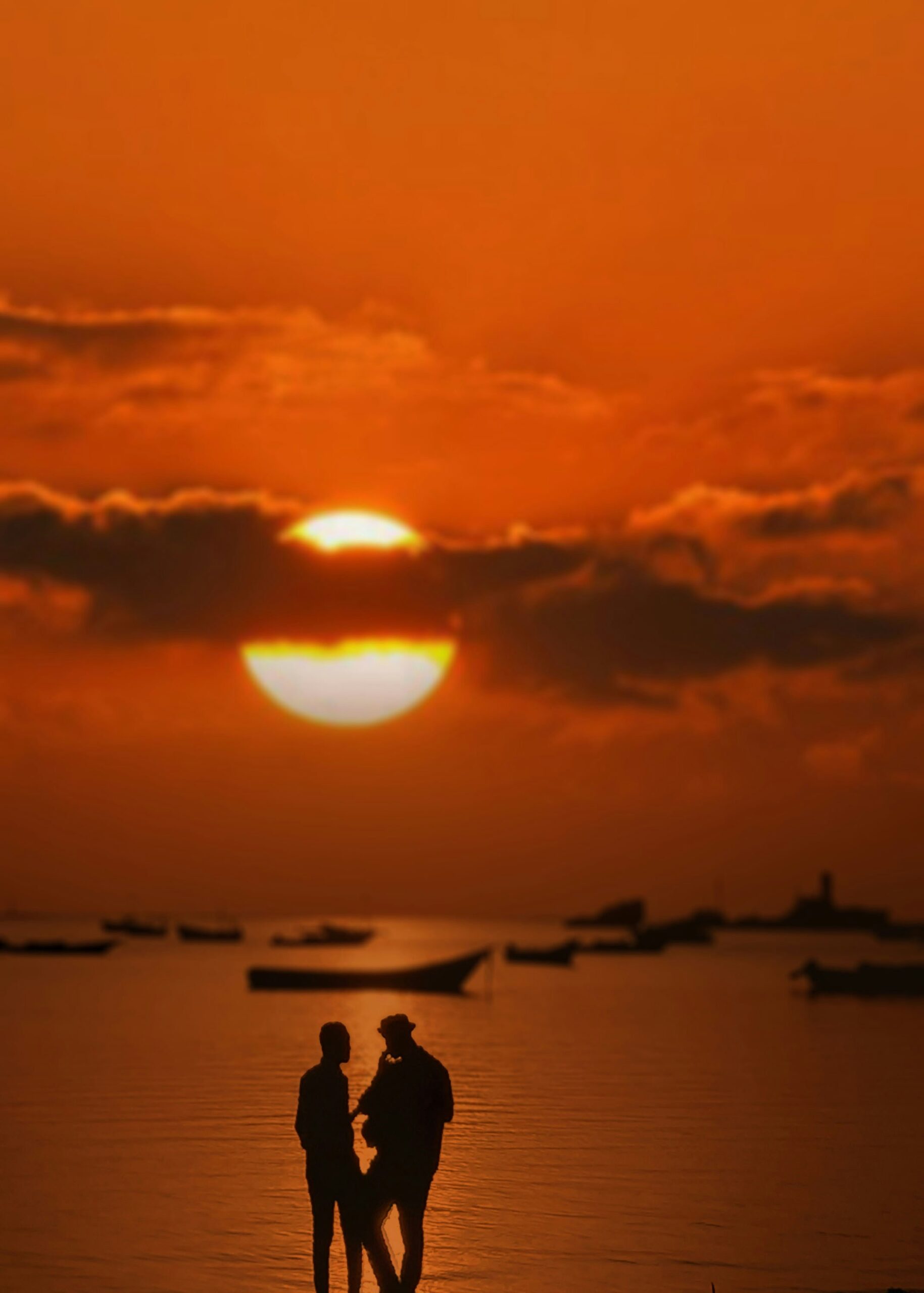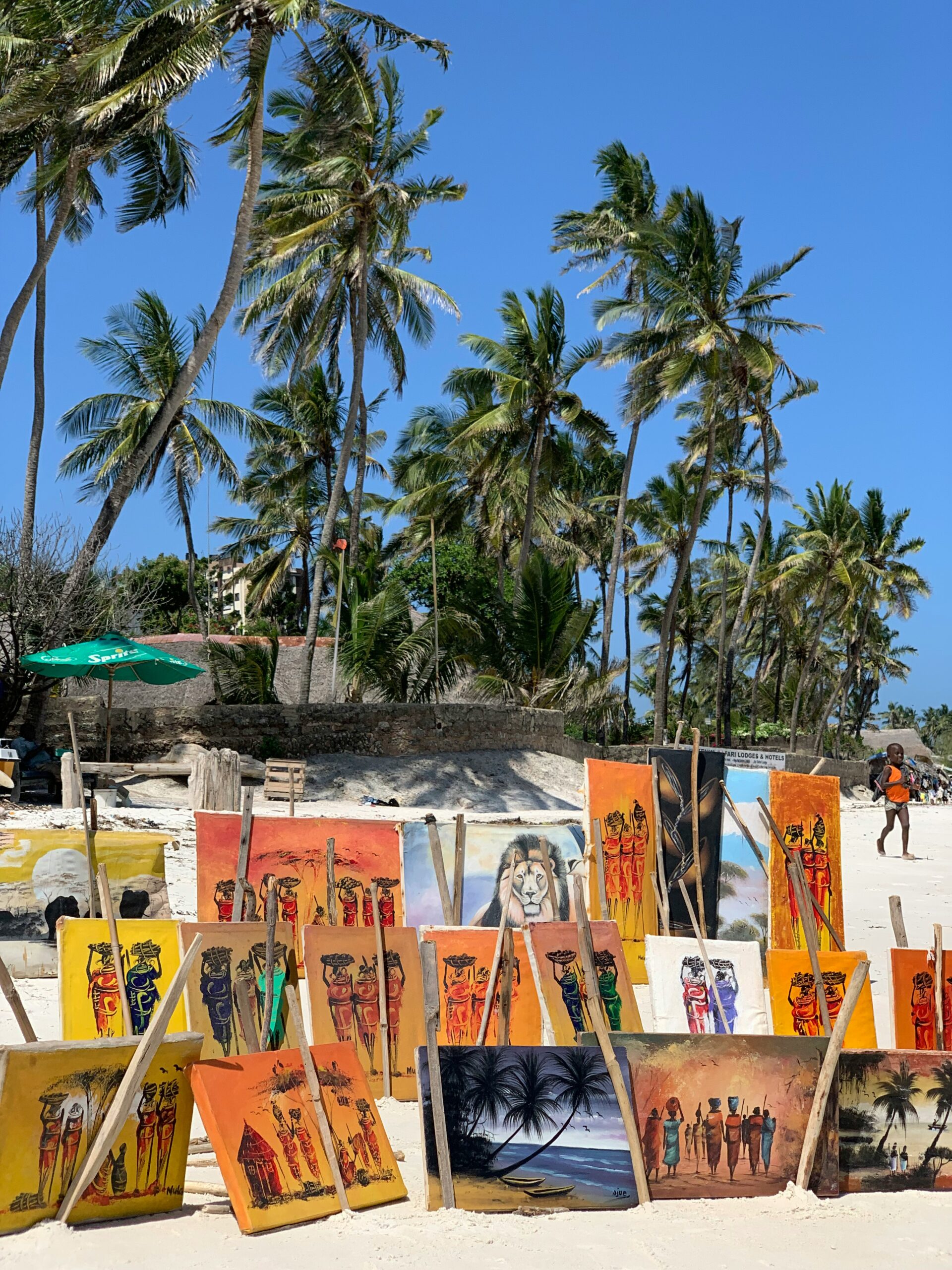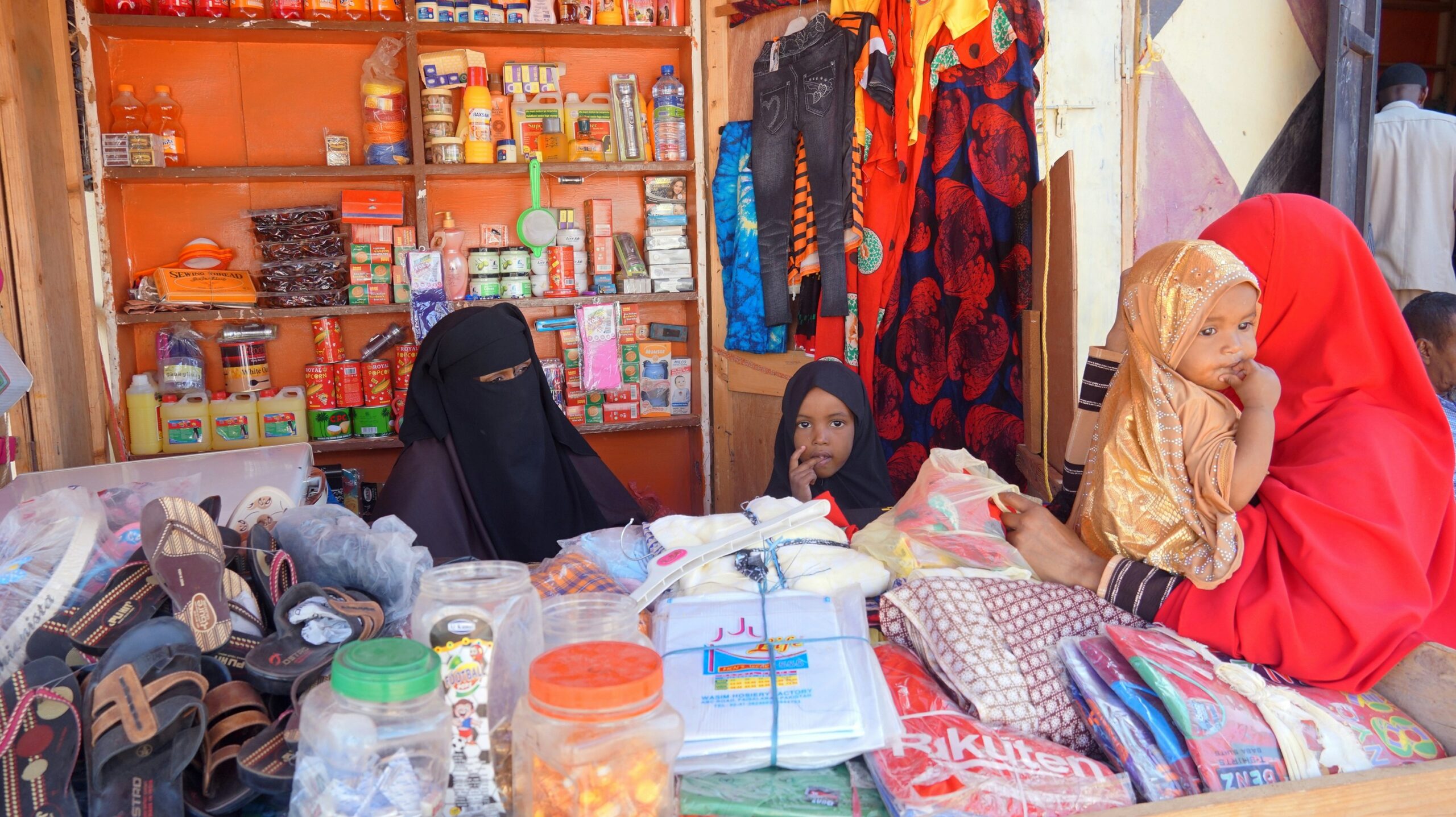
Photo by Dahir Mohamed
Somalia
Somalia is located in the Horn of Africa on the easternmost part of the continent. It has a strategic coastline along the Indian Ocean to the east and is bordered by Ethiopia to the west, Djibouti to the northwest, and Kenya to the southwest.
Mogadishu is the capital and largest city of Somalia, situated on the country’s Indian Ocean coastline. Somali and Arabic are the official languages of Somalia. Somali is also the most widely spoken language, and Arabic is used in a religious context.
Somalia has a population of around 15 million people and it gained independence from Italian and British colonial rule on July 1, 1960, and formed a unified nation by merging former British Somaliland and Italian Somaliland.
Somalia has experienced periods of political instability and conflict. The country has been working towards establishing a more stable government, and efforts have been made to implement a federal system.
Somalia’s economy is primarily based on agriculture, livestock, and trade. The country has a significant diaspora that contributes to remittances, which play a crucial role in supporting the economy.
Somalia went through a prolonged period of civil war and conflict starting in the late 1980s. The situation resulted in significant political and social challenges, including the absence of a central government for a considerable period.
Somalia gained international attention for piracy off its coast, particularly in the Gulf of Aden and the Indian Ocean.
Somalia faced severe famine in 2011 due to a combination of drought, conflict, and food shortages. The famine prompted international humanitarian responses and raised awareness about the challenges facing the region.
The militant group Al-Shabaab has been active in Somalia, aiming to establish its interpretation of Islamic law. The group has been involved in conflicts with the Somali government and neighbouring countries.
Its neighbour Djibouti has played a role in hosting peace talks and supporting efforts to stabilise Somalia.
Somali culture is rich and diverse, with influences from Arab, Persian, and African traditions. Poetry, music, and dance are integral parts of Somali cultural expression.
Somalia has a unique architectural heritage, including historical cities like Zeila with ancient structures and mosques that reflect the country’s historical connections with the Arab world.
Hidden Insights: Uncovering Somalia
1. Camel Culture: Somalia is known for its deep cultural connection to camels. Camels play a significant role in Somali society, serving as a source of transportation, food, and wealth. Somali nomads, known as “pastoralists,” rely on camels for survival in the harsh desert environments.
2. Qat Chewing: Qat (also known as khat) is a stimulant leaf that is popular in Somalia and other parts of the Horn of Africa. Chewing qat is a social and cultural activity, especially among men, and it is often consumed during gatherings and discussions.
3. Dhow Building: Somalia has a long history of dhow building, traditional wooden sailing vessels used for fishing, transportation, and trade along the East African coast. Dhow-building skills have been passed down through generations of Somali craftsmen.
4. Somali Entrepreneurship: Somalis are known for their entrepreneurial spirit and resilience in the face of challenges. The Somali diaspora plays a significant role in business and trade, with successful Somali-owned businesses operating globally.

Photo by Ismail Salad Osman Hajji Dirir

Photo by Ismail Salad Osman Hajji Dirir
Capital City: Mogadishu
Population: 12,693,796 (2023 est.)
Nationality: Somali(s)
Location: Eastern Africa
Languages: Somali, Arabic, Italian, English
Religion: Sunni Muslim (Islam)
Area Total: 637,657 sq km
Somalia Embassy/High Commission in UK
Address: 3rd Floor, Winchester House, 259, 269 Old Marylebone Rd, London NW1 5RA
Website:
African Countries Excel At The 2024 Olympics
African countries medals at the Olympics
Nelson Mandela: Troublemaker
Nelson Rolihlahla Mandela, affectionately known by his clan name Madiba, was a statesman remembered as a beacon of hope, resilience, and unwavering commitment to justice with a legacy of peace and reconciliation. Mandela was born on the 18th of July 1918, into the...
Breaking Stereotypes: Africa is Not A Country
In the global narrative, Africa often falls victim to a pervasive stereotype - that of being a single, homogeneous entity. However, the truth is far richer and more complex. Africa is not a country; it is a vast and diverse continent, home to a multitude of nations,...
